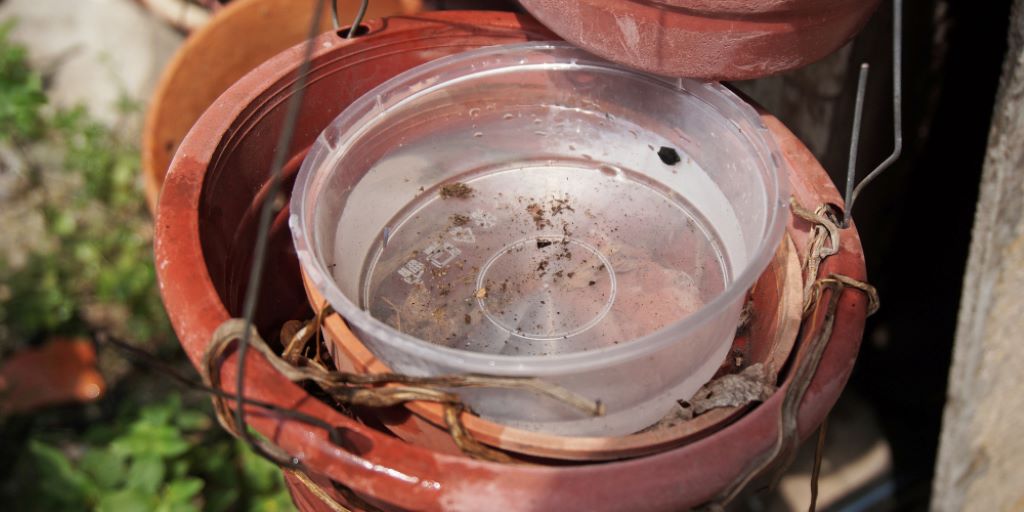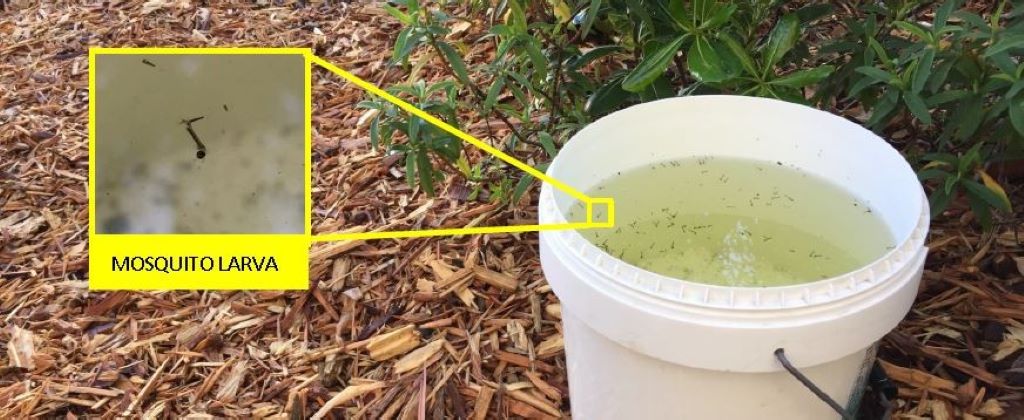
04 Sep How to Prevent Breeding of Mosquitoes in Stagnant Water
Did you know that mosquitoes are not only annoying pests but also carriers of deadly diseases? Mosquito-borne illnesses such as malaria, dengue fever, and Zika virus can pose a serious threat to human health. One of the most effective ways to combat the breeding of mosquitoes is to eliminate their breeding grounds, particularly stagnant water. In this article, we will explore various methods to prevent breeding of mosquitoes in stagnant water and keep your surroundings mosquito-free.
Introduction to Mosquito Breeding
Mosquitoes lay their eggs in stagnant water, and these eggs hatch into larvae, commonly known as wrigglers. These wrigglers then develop into pupae and eventually emerge as adult mosquitoes. It is essential to disrupt this breeding cycle to control mosquito populations effectively.
Remove Standing Water
When it comes to keeping your home free of unwanted pests, prevention is key. One of the most effective ways to prevent cockroaches and other pests from invading your home is to keep it clean and tidy. This means regularly cleaning up any spills or crumbs, and making sure all food is stored securely. Additionally, it’s important to seal up any cracks or gaps in your home’s walls, floors, and windows to prevent pests from entering. If you’re dealing with the infestation of cockroach in Texas, it’s also important to discover the reasons behind it and take appropriate measures to eliminate the problem.
Maintain Ponds and Water Features
If you have a pond or any other water feature in your garden, it is crucial to maintain it properly to prevent mosquito breeding. Install a small fountain or aerator to keep the water moving, as mosquitoes prefer still water for breeding. Introducing mosquito-eating fish, such as Gambusia affinis (mosquito fish), can also help control mosquito larvae population in larger bodies of water.
Clean Gutters and Drains
Clogged gutters and drains can become breeding grounds for mosquitoes. Ensure that your gutters are free from debris and are properly draining. Regularly clean and unclog any drains around your property to prevent stagnant water accumulation.
Cover Water Storage Containers
If you have water storage containers, such as barrels or tanks, make sure they are adequately covered with tight-fitting lids or screens. This prevents mosquitoes from accessing the water and laying their eggs. Additionally, repairing any leaks or cracks in these containers will help prevent water from becoming stagnant.
Maintain Swimming Pools
Swimming pools that are not in use should be properly maintained to prevent mosquito breeding. Ensure that the pool is covered when not in use and that the water is treated with appropriate chemicals. Regularly clean and scrub the pool walls to remove any mosquito eggs or larvae.
Use Mosquito Dunks or Larvicides
Mosquito dunks or larvicides are highly effective in controlling mosquito larvae in stagnant water. These products contain bacteria that specifically target mosquito larvae, preventing them from developing into adult mosquitoes. Follow the instructions provided by the manufacturer when using these products.
Keep Outdoor Areas Clean
Maintaining cleanliness in your outdoor areas is essential in preventing mosquito breeding. Remove any discarded containers, old tires, or other items that can collect rainwater. Trim tall grass and vegetation to minimize resting places for adult mosquitoes.
Use Natural Repellents
To further deter mosquitoes from breeding in stagnant water, consider using natural repellents. Planting mosquito-repellent plants, such as citronella, lavender, and marigold, can help create a mosquito-free zone in your garden. Additionally, essential oils like lemon eucalyptus oil and neem oil can be used as natural repellents.
Educate and Spread Awareness
Apart from taking preventive measures individually, it is essential to educate and spread awareness about mosquito breeding prevention in your community. Organize awareness campaigns, distribute educational materials, and encourage your neighbors to take necessary actions to eliminate stagnant water sources.
Conclusion
Preventing the breeding of mosquitoes in stagnant water is a crucial step in controlling mosquito populations and reducing the risk of mosquito-borne diseases. Among the crucial reasons why gutter cleaning is essential for your home is its role in preventing stagnant water, an important step in maintaining a clean and mosquito-free environment. By following these preventive measures, you can protect yourself, your family, and your community from the harmful effects of mosquitoes.
Frequently Asked Questions
Q1: Are all types of mosquitoes attracted to stagnant water?
Mosquitoes, in general, are attracted to stagnant water for breeding. However, some species have preferences for specific types of water sources.
Q2: Can using mosquito repellent sprays alone prevent mosquito breeding?
No, mosquito repellent sprays are designed to repel adult mosquitoes and do not directly prevent breeding. It is essential to target and eliminate stagnant water to address the breeding issue effectively.
Q3: How often should I clean my bird bath to prevent mosquito breeding?
To prevent mosquito breeding, clean your bird bath at least once a week. Empty the water, scrub the basin, and refill it with fresh water.
Q4: Do mosquito dunks harm other aquatic life?
Mosquito dunks are specifically formulated to target mosquito larvae and are safe for other aquatic life, such as fish and plants.
Q5: Can I use mosquito repellent plants indoors?
Yes, mosquito repellent plants can be used indoors, provided they receive sufficient sunlight. Examples of such plants include basil, mint, and rosemary.


Sorry, the comment form is closed at this time.